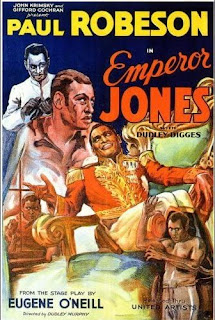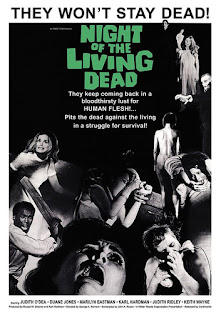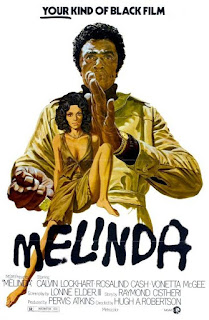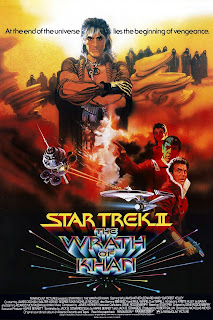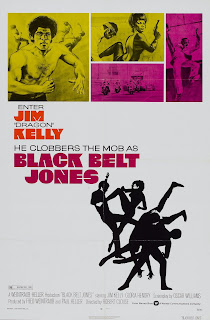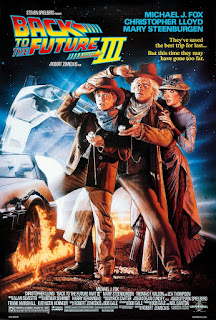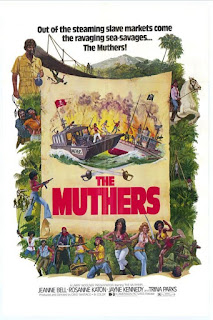Keanu (2016)

Jordan Peele has become one of the best new horror directors. Until recently he hosted the latest reboot of The Twilight Zone , he has two critically acclaimed hits with Get Out and Us , and has reached the pinnacle of any famous director - having his production credit boldly featured at the top of movies that are not as good as his to try and trick people into seeing them. Long before that, however, he was in the comedy duo Key and Peele, who had one of the many shows on Comedy Central that tried to make up for the void left by Dave Chapelle's early departure. Their show was one of the more successful, with many of the skits released on YouTube during the show's run and earning a cult following even from those who didn't watch the television show. Peele had frequently voiced his desire to go into movie making, and before his acclaimed horror films he co-wrote the script for Keanu with Alex Rubens. Clarence (Keegan-Michael Key) and Rell (Peele) are cousins living two s
